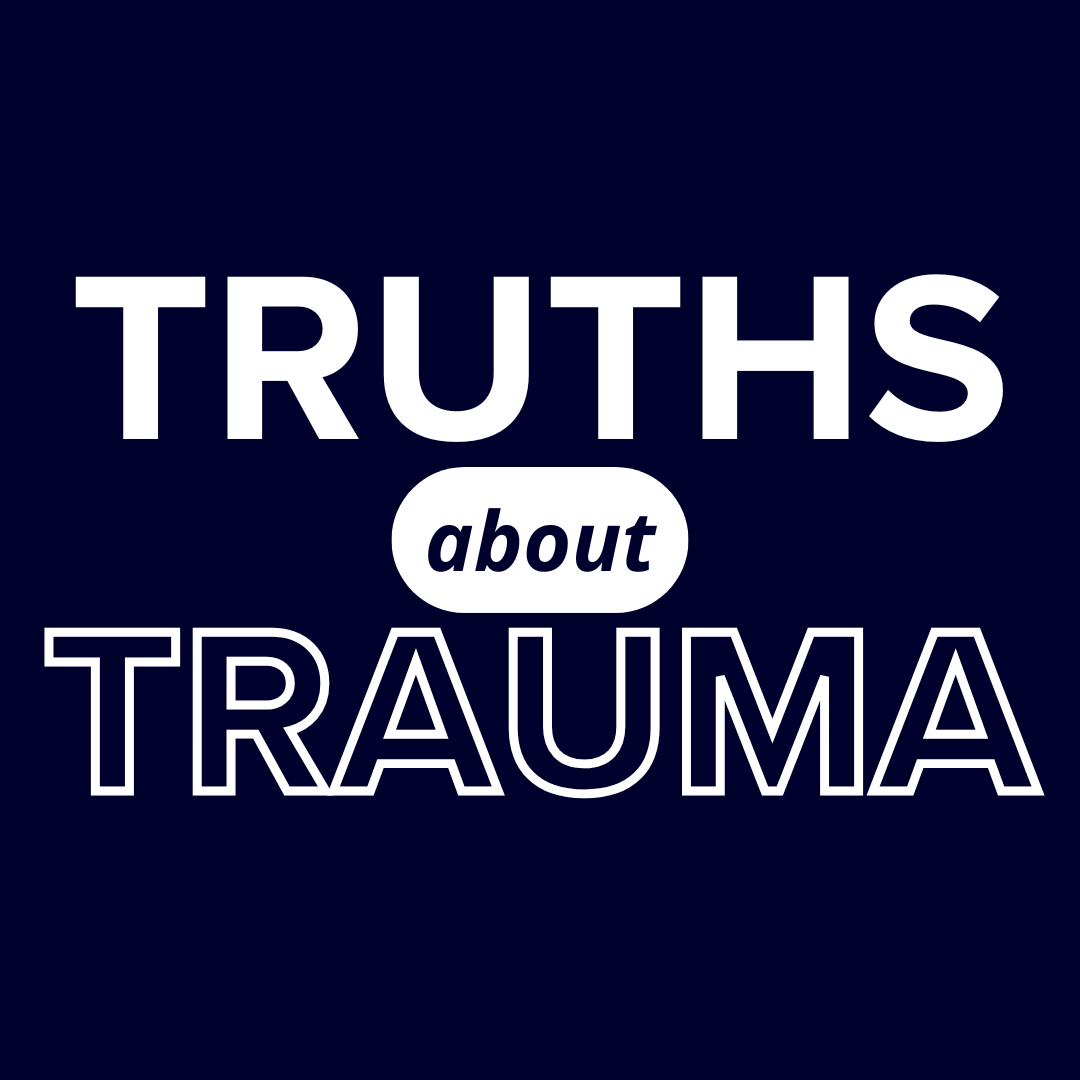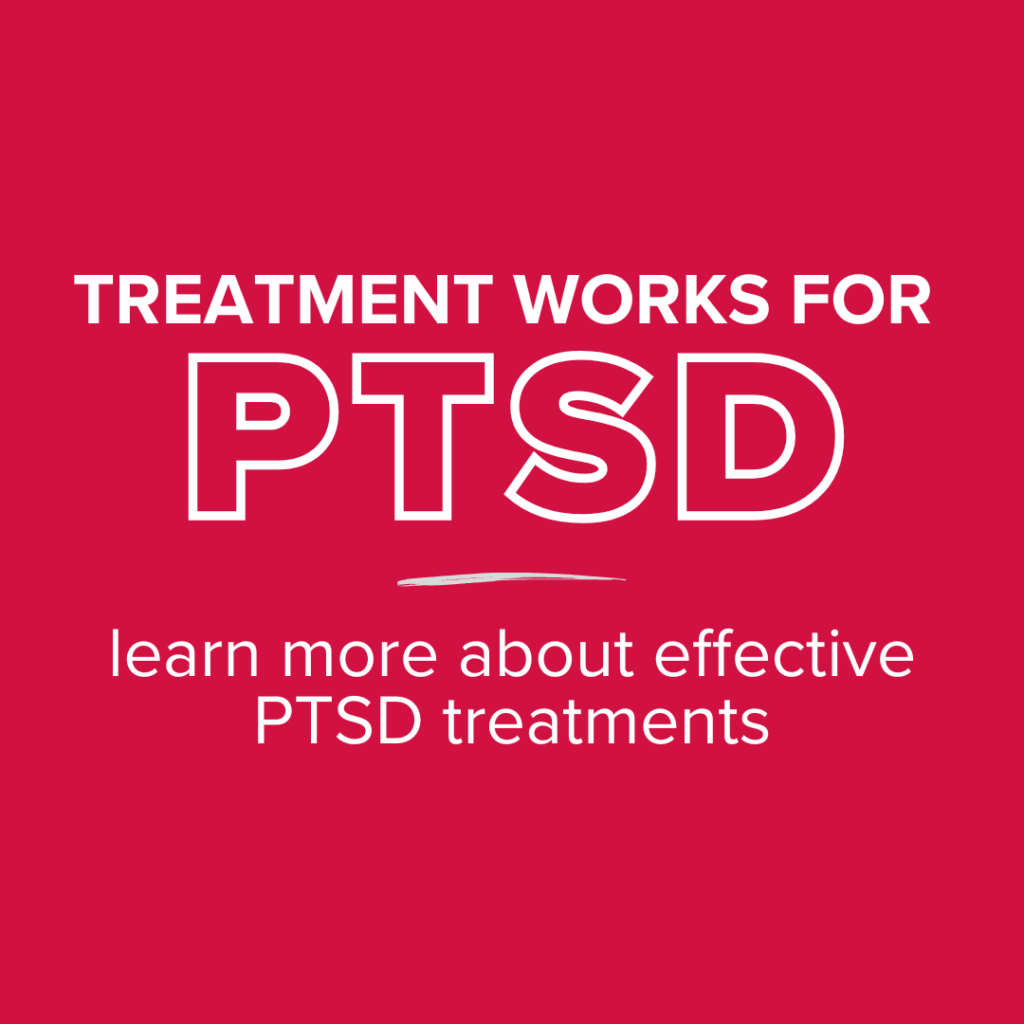Posttraumatic Stress Disorder (PTSD) affects millions of people across all walks of life — yet it’s still widely misunderstood. Misconceptions about the disorder continue to shape how we talk about it, how we recognize it, and how we respond to those living with it. To deepen understanding, we’ve developed PTSD: What Therapists Want You to Know – featuring key insights from mental health experts who work with PTSD every day.
What is PTSD?
PTSD is a mental health disorder that some people develop after experiencing or witnessing a life-threatening event, like combat, a natural disaster, a car accident, or sexual assault. Almost everybody has stress reactions in the immediate aftermath of events like these, such as difficulty sleeping, feeling on edge, or having painful memories of the event. But, while most people gradually feel better over time, some continue to have lasting symptoms that interfere with their lives and their well-being. In some cases, those symptoms take the form of PTSD. Here’s what therapists want you to know about PTSD:
Why Do Some People Develop PTSD and Others Don’t?
How Does PTSD Happen?
How Do You Get the Most Out of PTSD Treatment?

Get the Facts on PTSD
Most people have heard of PTSD and may have an impression of what the disorder looks like. But there are still many popular misconceptions about it as revealed in the America’s Mental Health PTSD Pulse Survey. Some of the misconceptions may be keeping people away from the support that could help them get better.
PTSD Treatment Works
Many people who engage in treatment recover fully from PTSD.
Multiple treatment options have been proven effective for treating the disorder, including:
Prolonged Exposure Therapy (PE)
Helps you process traumatic events through gradual repeated exposure to trauma-related memories, emotions, and situations.
Cognitive Processing Therapy (CPT)
Targets ways of thinking that might keep you “stuck” in your PTSD.
Eye Movement Desensitization and Reprocessing (EMDR)
Involves moving your eyes in a specific way while processing traumatic memories.
Written Exposure Therapy (WET)
A structured short-term therapy for PTSD centered on written exercises.

PTSD Support at CVN
With Cohen Clinics located across the country, Cohen Veterans Network (CVN) provides accessible, high-quality care for PTSD and other mental health concerns:
- Evidence-Based Treatment: CVN offers clinically proven therapies to address PTSD and a range of other mental health challenges, ensuring effective and reliable care.
- Support for Families: Recognizing that PTSD can affect not just individuals but entire families, our services also include individual therapy for family members (adults and children), family therapy, and couples counseling.
- Flexible Access: Care is available both in-person at clinics across the country or remotely through telehealth.
“Therapy can help you reconnect with the things that you used to love and live your life based on your values instead of just avoiding memories or triggers and trying to get by. I’ve seen hundreds of clients recover from PTSD. It’s hard work, but I know it can be done.”
Dr. Stephanie Renno, Vice President of Clinical Practice & Training at CVN, as well as trauma therapist and CPT trainer
Hear from Veterans & Families
PTSD is treatable, and recovery is possible with the right care and support. CVN clients share their experiences with PTSD treatment.
"Strategies to deal with trauma"
“My therapist was very knowledgeable, empathetic, patient, and an excellent listener and communicator. She obviously had significant training and experience with trauma. We very much appreciate the techniques and strategies to deal with trauma and PTSD that she taught my wife and me.”
"I feel like myself but better"
“Cohen is the best therapy clinic I have ever been to… I feel like I received the best care and I was able to meet my goals. I am very satisfied with not only the care I received but the services provided and the wonderful staff and therapist. I was able to drive again after 9 years of dealing with my PTSD. I feel confident again and I feel like myself but better.”
Additional PTSD Resources
Whether you’re seeking guidance for yourself or looking to support a loved one, these resources include practical tools and helpful strategies to navigate PTSD.

Explaining PTSD to Kids: Four Steps for Parents
A practical guide for parents on how to talk to children about PTSD.

VA's PTSD Family Coach App
Provides facts about PTSD, how families can better support a loved one with PTSD, and themselves, and tools to help family members manage stress.

National Center for PTSD Treatment Decision Aid
Enables users to compare effective treatment options for PTSD to help determine what might work best for them.

Roadmap to Trauma and PTSD
This roadmap by the Mental Health Coalition provides more information about PTSD, how to cope, and where to find additional resources.

Understanding PTSD: A Guide for Family and Friends
Provides strategies and tips to supporting a loved one who is experiencing PTSD including how to communicate with them and help them through treatment.

